“The people were astonished at his teaching, for he taught them as one having authority and not as the scribes” (Mark 1:22).
As we begin Ordinary Time, we are also beginning Mark’s Gospel, and we will read it almost entirely over the next two months. Reading a Gospel like this, chapter by chapter, is a great way to get to know Our Lord, and praying with the Gospel readings every day with the liturgy is a wonderful way to do that. Mark is writing with the information given to him by St. Peter. Keeping this in mind, knowing that we are seeing Jesus from Peter’s perspective, will make our journey through Mark’s Gospel even more fruitful.
Over the next two months, we will walk with Jesus as He moves from city to city, casting out demons, performing miracles, and teaching profound and difficult sayings to all who will listen. One gets the impression that while not everyone understood His words or actions, the people knew that Jesus had authority.
In this case, Jesus is teaching in a synagogue, like He does in many of the cities that He visits. He presumes to teach the people, even in places where He is not well known. Even then, his audience always finds that He speaks with authority. After many of these occasions, as in our Gospel today, He performs a healing or an exorcism, confirming His authority. In Mark’s Gospel especially, it seems that Jesus simply goes from miracle to miracle, astounding everyone who sees Him. This must have been astonishing, and it certainly made an impression on Peter.
What was this authority that everyone recognized? Clearly, it was not an authority that came from lineage, since His earthly parents, while descendants of David, were not well known. His was not an authority that came from notoriety, since the people recognized it well before He became well known. Even as a teenager, the people were amazed at His wisdom and His questions. There was something in what Our Lord said and did and in how He said and did it that made it nearly impossible to ignore that He had been sent by God, let alone that He was God.
Do we recognize the same things? Do we treat the Lord as “one having authority”? Most of us are able to relate to Our Lord as a brother and a friend, not to mention as a Savior, and all this is good. But do we have the admiration and respect for Him that his listeners and Peter did?
As we explore Mark’s Gospel, I invite you to reflect on your own relationship with Jesus Christ. Is it formed more by your own aspirations and agendas, or by what you actually know of Him through the Scriptures and prayer? Let us listen to Him and truly get to know Him as His disciples did.
“Los oyentes quedaron asombrados de sus palabras, pues enseñaba como quien tiene autoridad y no como los escribas” (Marcos 1,22).
Al comenzar el Tiempo Ordinario, también comenzamos el Evangelio de Marcos, y lo leeremos casi en su totalidad durante los próximos dos meses. Leer un Evangelio como este, capítulo por capítulo, es una forma excelente de conocer a Nuestro Señor, y orar con las lecturas del Evangelio de la liturgia todos los días es una forma maravillosa de hacerlo. Marcos escribe con la información que le dio San Pedro. Tener esto en cuenta, saber que estamos viendo a Jesús desde la perspectiva de Pedro, hará que caminar con el Evangelio de Marcos sea aún más fructífero.
Durante los próximos dos meses, caminaremos con Jesús mientras viaja de ciudad en ciudad, expulsando demonios, realizando milagros y enseñando dichos profundos y difíciles a todos los que escuchen. Da la impresión de que, si bien no todos entendieron sus palabras o acciones, la gente sabía que Jesús tenía autoridad.
En este caso, Jesús está enseñando en una sinagoga, como lo hace en muchas de las ciudades que visita. Se atreve a enseñar a la gente, incluso en lugares donde no es muy conocido. Aun en estos momentos, su audiencia siempre descubre que habla con autoridad. Después de muchas de estas ocasiones, como en el Evangelio de hoy, realiza una curación o un exorcismo, confirmando Su autoridad. Especialmente en el Evangelio de Marcos, parece que Jesús simplemente va de milagro en milagro, asombrando a todos los que lo ven. Esto debe haber sido sorprendente y ciertamente causó una gran impresión en Pedro.
¿Cuál era esa autoridad que todos reconocían? Claramente, no era una autoridad que procediera del linaje, ya que Sus padres terrenales, aunque descendientes de David, no eran muy conocidos. La suya no fue una autoridad que proviniera de la notoriedad, ya que el pueblo la reconoció mucho antes de que se hiciera conocido. Incluso cuando era adolescente, la gente se asombraba de su sabiduría y sus preguntas. Había algo en lo que Nuestro Señor dijo e hizo y algo en cómo lo dijo e hizo que hacía casi imposible ignorar que había sido enviado por Dios, y mucho menos que Él era Dios.
¿Reconocemos las mismas cosas? ¿Tratamos al Señor como “alguien que tiene autoridad”? La mayoría de nosotros podemos relacionarnos con Nuestro Señor como un hermano y un amigo, sin mencionar como un Salvador, y todo esto es bueno. Pero, ¿lo admiramos y le tenemos el mismo respeto que tenían sus oyentes y Pedro?
Mientras exploramos el Evangelio de Marcos, les invito a reflexionar sobre su propia relación con Jesucristo. ¿Está formada más por tus propias aspiraciones y agendas, o por lo que realmente sabes de Él a través de las Escrituras y la oración? Escuchémoslo y conozcámoslo verdaderamente como lo hicieron sus discípulos.
 David Dashiell is a freelance author and editor in Nashville, Tennessee. He has a master’s degree in theology from Franciscan University, and is the editor of the anthology Ever Ancient, Ever New: Why Younger Generations Are Embracing Traditional Catholicism.
David Dashiell is a freelance author and editor in Nashville, Tennessee. He has a master’s degree in theology from Franciscan University, and is the editor of the anthology Ever Ancient, Ever New: Why Younger Generations Are Embracing Traditional Catholicism.
Feature Image Credit: sanjaytirkey, cathopic.com/photo/15573-holy-redeemer
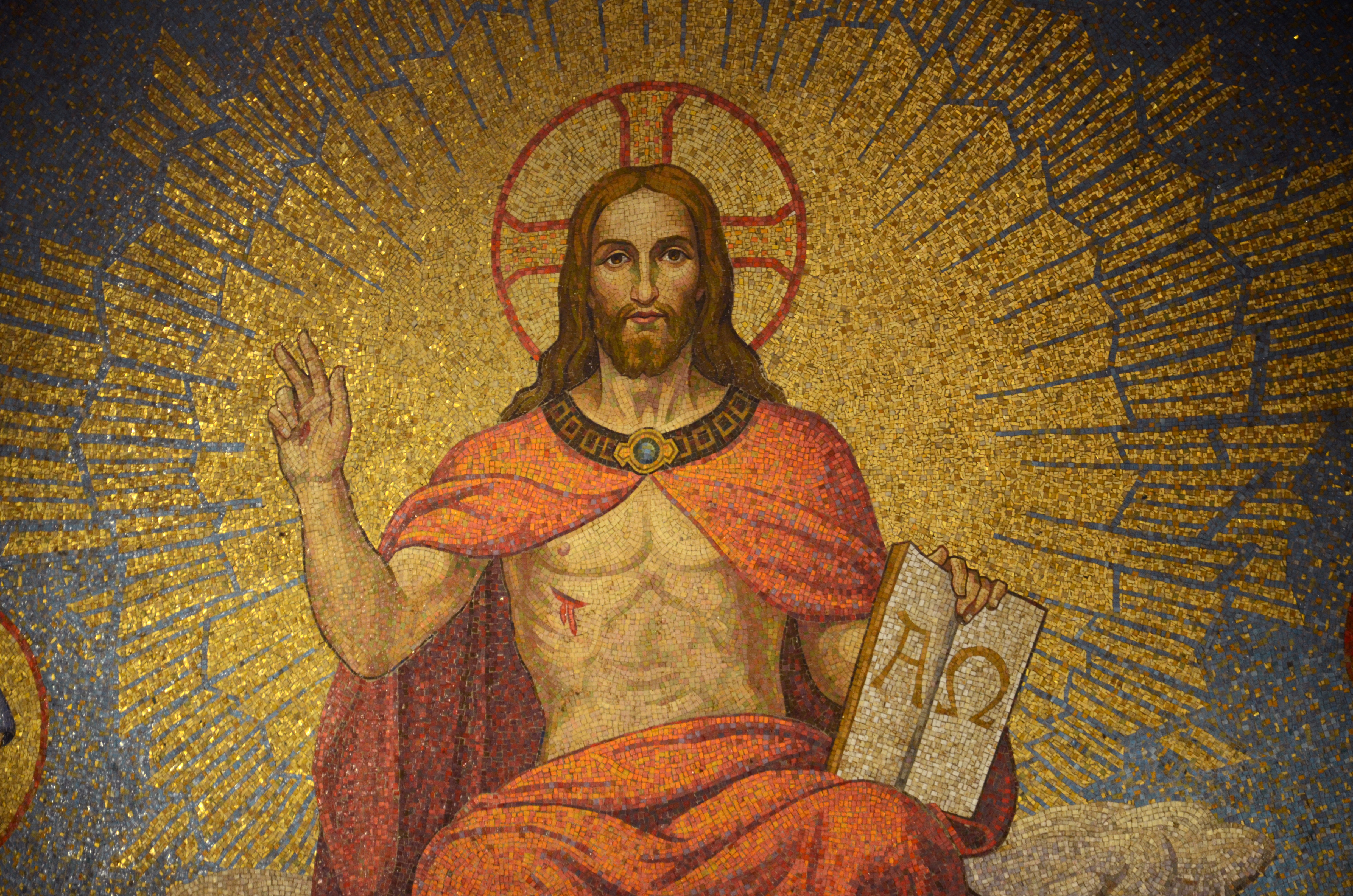

 Sheryl is happy to be the number 1 cheerleader and supporter for her husband, Tom who is a candidate for the Permanent Diaconate in the Diocese of Kalamazoo. They are so grateful for the opportunity to grow together in this process. Sheryl’s day job is serving her community as the principal for St. Therese Catholic School in Wayland, Michigan. Since every time she thinks she gets life all figured out, she realizes just how far she has to go, St. Rita of Cascia is her go-to Saint for intercession and help. Home includes Carlyn, a very, very goofy Golden Retriever and Lucy, our not-so-little rescue puppy.
Sheryl is happy to be the number 1 cheerleader and supporter for her husband, Tom who is a candidate for the Permanent Diaconate in the Diocese of Kalamazoo. They are so grateful for the opportunity to grow together in this process. Sheryl’s day job is serving her community as the principal for St. Therese Catholic School in Wayland, Michigan. Since every time she thinks she gets life all figured out, she realizes just how far she has to go, St. Rita of Cascia is her go-to Saint for intercession and help. Home includes Carlyn, a very, very goofy Golden Retriever and Lucy, our not-so-little rescue puppy. 
 Kate Taliaferro is an Air Force wife and mother. She is blessed to be able to homeschool, bake bread and fold endless piles of laundry. When not planning a school day, writing a blog post or cooking pasta, Kate can be found curled up with a book or working with some kind of fiber craft. Kate blogs at
Kate Taliaferro is an Air Force wife and mother. She is blessed to be able to homeschool, bake bread and fold endless piles of laundry. When not planning a school day, writing a blog post or cooking pasta, Kate can be found curled up with a book or working with some kind of fiber craft. Kate blogs at 
 Susan Ciancio has a BA in psychology and a BA in sociology from the University of Notre Dame, with an MA in liberal studies from Indiana University. For the past 19 years, she has worked as a professional editor and writer, editing both fiction and nonfiction books, magazine articles, blogs, educational lessons, professional materials and website content. Thirteen of those years have been in the pro-life sector. Currently Susan freelances and writes weekly for HLI, edits for American Life League, and is the executive editor of Celebrate Life Magazine. She also serves as executive editor for the Culture of Life Studies Program—an educational nonprofit program for K-12 students. You can reach her at
Susan Ciancio has a BA in psychology and a BA in sociology from the University of Notre Dame, with an MA in liberal studies from Indiana University. For the past 19 years, she has worked as a professional editor and writer, editing both fiction and nonfiction books, magazine articles, blogs, educational lessons, professional materials and website content. Thirteen of those years have been in the pro-life sector. Currently Susan freelances and writes weekly for HLI, edits for American Life League, and is the executive editor of Celebrate Life Magazine. She also serves as executive editor for the Culture of Life Studies Program—an educational nonprofit program for K-12 students. You can reach her at 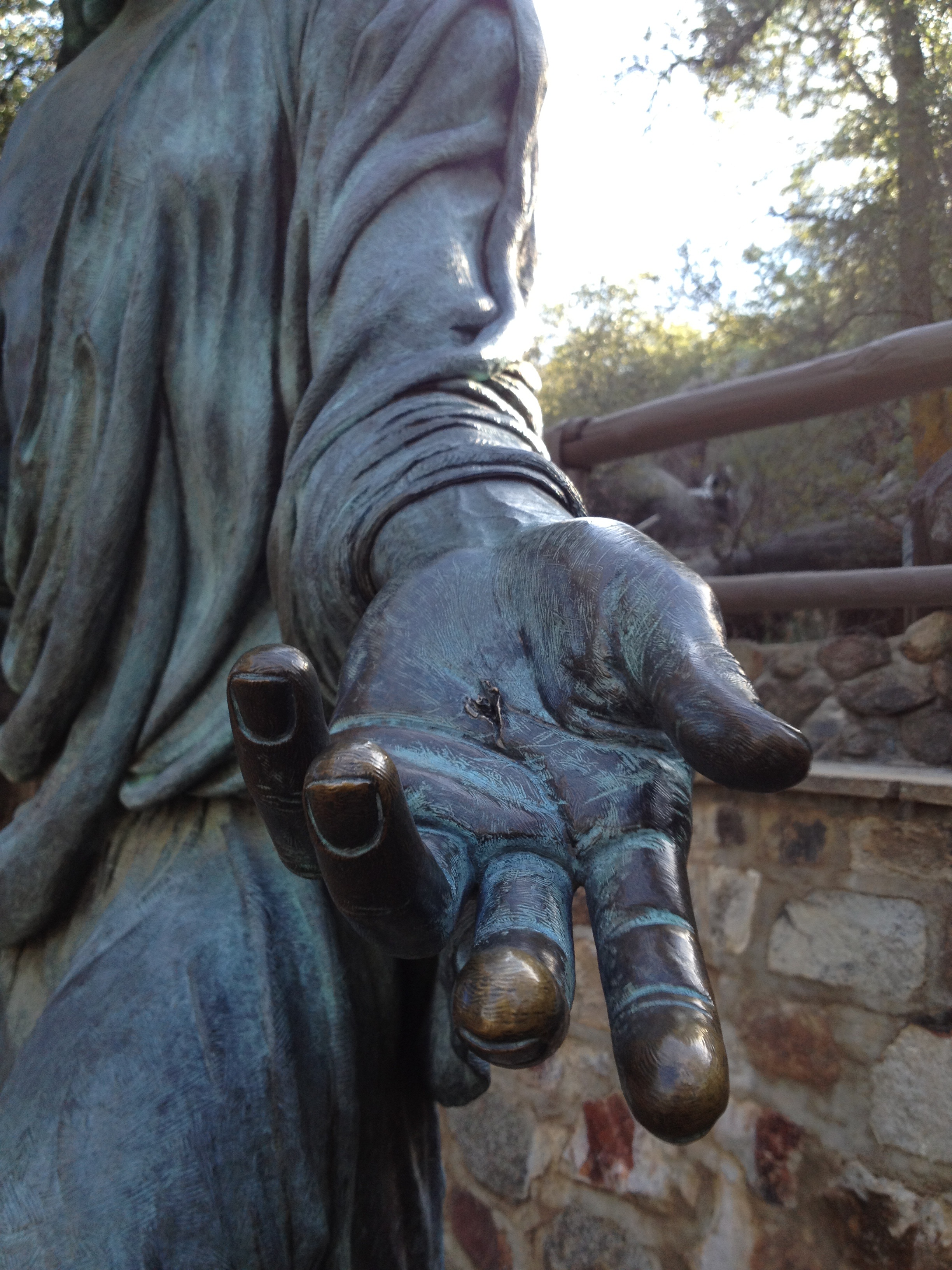

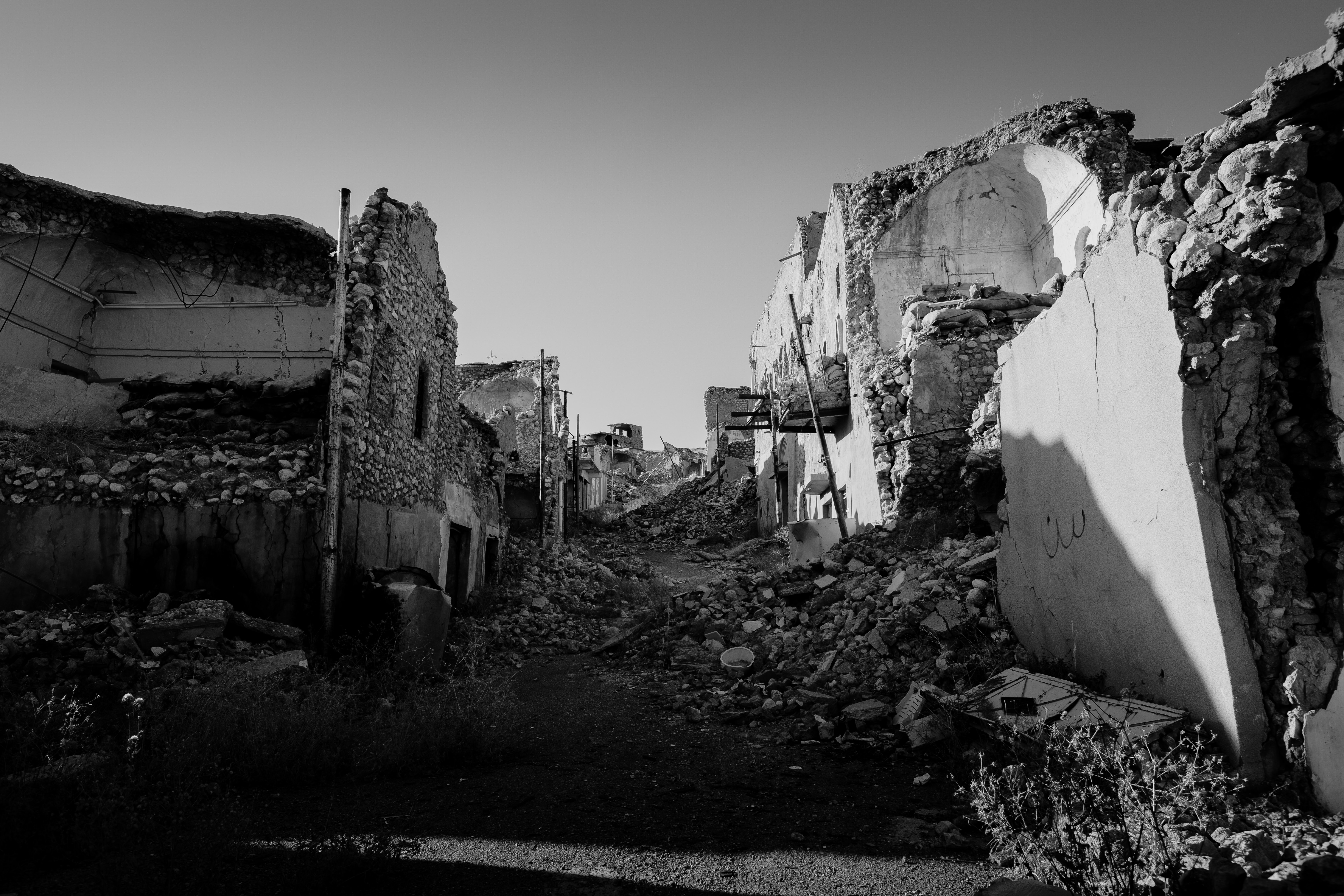
 Leslie Sholly is a Catholic, Southern wife and mother of five, living in her hometown, Knoxville, Tennessee. She graduated from Georgetown University with an English major and Theology minor. She blogs at
Leslie Sholly is a Catholic, Southern wife and mother of five, living in her hometown, Knoxville, Tennessee. She graduated from Georgetown University with an English major and Theology minor. She blogs at 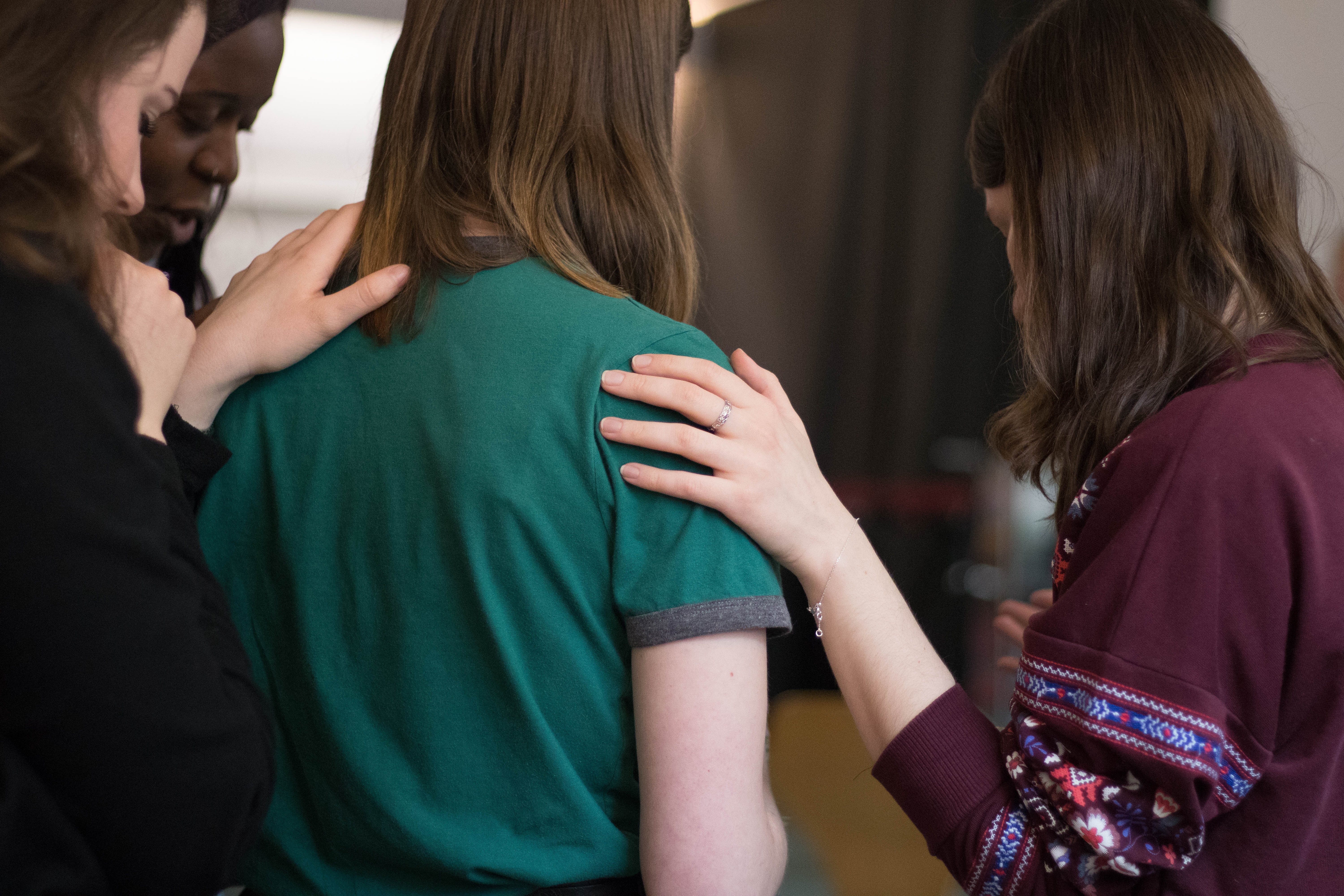
 Deacon Dan Schneider is a retired general manager of industrial distributors. He and his wife Vicki have been married for over 50 years. They are the parents of eight children and thirty grandchildren. He has a degree in Family Life Education from Spring Arbor University. He was ordained a Permanent Deacon in 2002. He has a passion for working with engaged and married couples and his main ministry has been preparing couples for marriage.
Deacon Dan Schneider is a retired general manager of industrial distributors. He and his wife Vicki have been married for over 50 years. They are the parents of eight children and thirty grandchildren. He has a degree in Family Life Education from Spring Arbor University. He was ordained a Permanent Deacon in 2002. He has a passion for working with engaged and married couples and his main ministry has been preparing couples for marriage.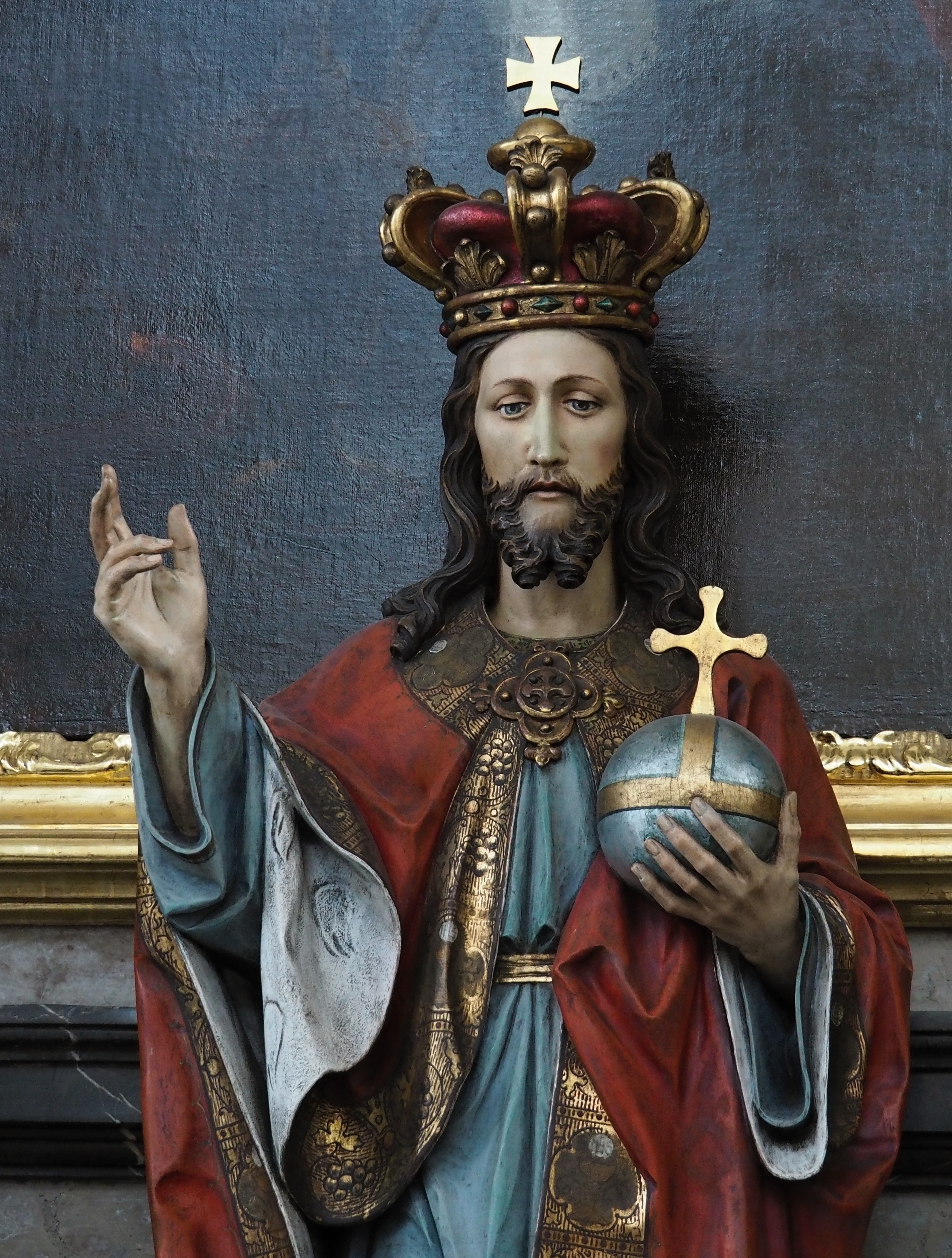
 Tami Urcia grew up in Western Michigan, a middle child in a large Catholic family. She spent early young adulthood as a missionary in Mexico, studying theology and philosophy, then worked and traveled extensively before finishing her Bachelor’s Degree in Western Kentucky. She loves tackling projects, finding fun ways to keep her little ones occupied, quiet conversation with the hubby and finding unique ways to love. She works full time, is a guest blogger on
Tami Urcia grew up in Western Michigan, a middle child in a large Catholic family. She spent early young adulthood as a missionary in Mexico, studying theology and philosophy, then worked and traveled extensively before finishing her Bachelor’s Degree in Western Kentucky. She loves tackling projects, finding fun ways to keep her little ones occupied, quiet conversation with the hubby and finding unique ways to love. She works full time, is a guest blogger on 
 Emily Jaminet is a Catholic author, speaker, radio personality, wife, and mother of seven children. She earned a bachelor’s degree in mental health and human services from the Franciscan University of Steubenville. She is the co-founder of
Emily Jaminet is a Catholic author, speaker, radio personality, wife, and mother of seven children. She earned a bachelor’s degree in mental health and human services from the Franciscan University of Steubenville. She is the co-founder of 
 Kathryn Mulderink, MA, is married to Robert, Station Manager for Holy Family Radio. Together they have seven children (including Father Rob), and seven grandchildren. She is President of the local community of Secular Discalced Carmelites and has published five books and many articles. Over the last 30 years, she has worked as a teacher, headmistress, catechist, Pastoral Associate, and DRE, and as a writer and voice talent for Catholic Radio. Currently, she serves the Church by writing and speaking, and by collaborating with various parishes and to lead others to encounter Christ and engage their faith. Her website is
Kathryn Mulderink, MA, is married to Robert, Station Manager for Holy Family Radio. Together they have seven children (including Father Rob), and seven grandchildren. She is President of the local community of Secular Discalced Carmelites and has published five books and many articles. Over the last 30 years, she has worked as a teacher, headmistress, catechist, Pastoral Associate, and DRE, and as a writer and voice talent for Catholic Radio. Currently, she serves the Church by writing and speaking, and by collaborating with various parishes and to lead others to encounter Christ and engage their faith. Her website is 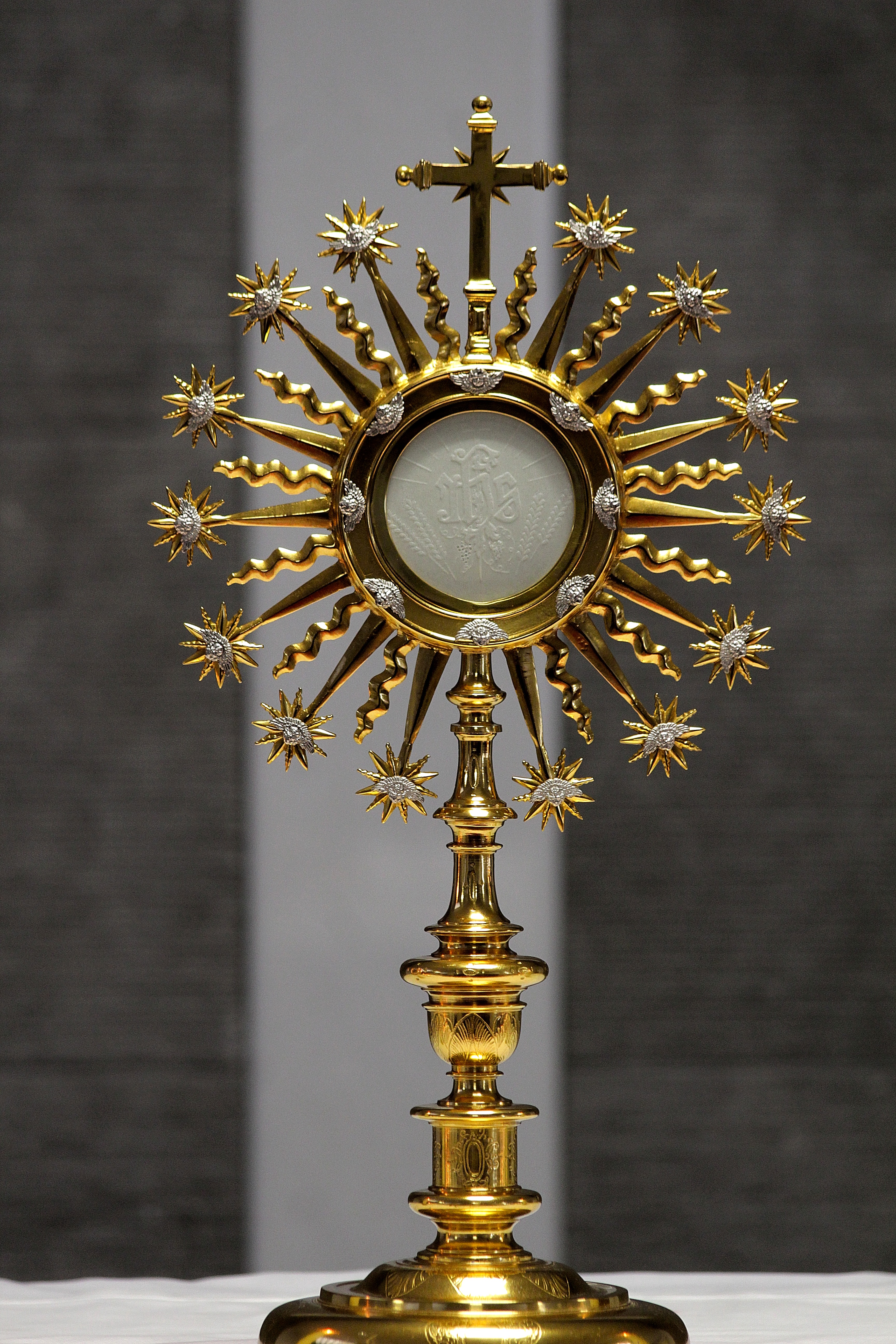
 Dakota lives in Denver, CO with her husband, Ralph, and their two sons, Alfie & Theophilus. She is the Dean of Enrollment Management for Bishop Machebeuf High School where her husband also teaches. You can find Dakota at the zoo or a brewery with her family or with her nose in a book at home. For more of Dakota’s writing check out
Dakota lives in Denver, CO with her husband, Ralph, and their two sons, Alfie & Theophilus. She is the Dean of Enrollment Management for Bishop Machebeuf High School where her husband also teaches. You can find Dakota at the zoo or a brewery with her family or with her nose in a book at home. For more of Dakota’s writing check out 
 Allison Gingras (
Allison Gingras ( 